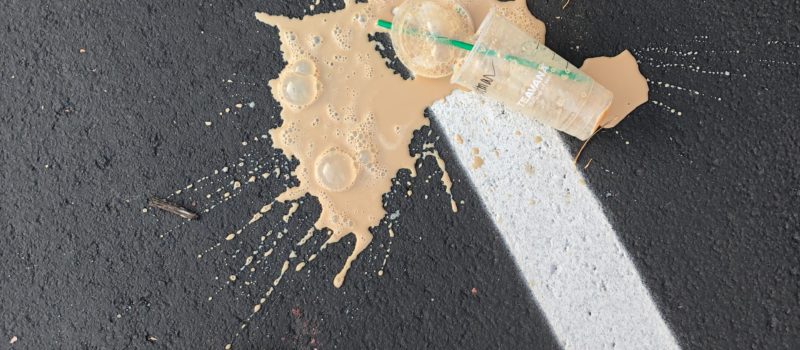Failure happens when a desired or expected outcome doesn’t materialize. It can happen whether or not there was something you could have done about it, too. Whether the mistake is a small glitch or a major flop, failure often weighs heavily on you personally because you’ve been conditioned that, without exception, “failure is not an option”.
This is a lot to overcome. In most people’s experience, nothing is perfect; you and the people around you are flawed, and the world is constantly changing. Thus, you’re not always going to get things right on with mistakes, foibles, and failure and re-frame them as ”learning”:
1. Failure points to weaknesses in behavior, skill, processes, your overall system, or level of support provided.
Use an error to examine a weakness in how you are performing the work. People involved may need to build technical or interpersonal skills. The steps designed to produce the work output may be inadequate. Also, you might need to increase follow ups or check ins during a process to increase the ability to get and give needed guidance.
2. Failure provides you new information and data about what does and doesn’t work.
Mistakes help you home in on what will ultimately work well, especially when you are in uncharted territory. Repeated, incremental failures can help you fine tune toward success.
“Mistakes are the portals of discovery.” – James Joyce
3. Failure can highlight false assumptions.
Consumers didn’t embrace the Ford Edsel in the late 1950s in part because the company mistakenly assumed consumers wanted big cars when they wanted smaller, more economical ones. The maker of Coke incorrectly assumed that it would convert Pepsi drinkers if it made its product taste more like its rival. While it’s too bad that these companies went all the way to market with ill-conceived products, they did learn that their thinking was flawed at a fundamental level.
4. Failure can create curiosity that leads to inquiry and more engagement.
With an eye towards learning, you can use failure to focus your team on the work. To do this you must avoid blaming and shaming individuals, which can drive a wedge in the middle of your team. Instead, focusing on what happened can bring your team together to solve problems. Additionally, your team can go one step further to share what they learned with others in your organization.
Perfection is not the goal. Nothing and no one will ever be 100% error free. Rather, view the performance of work as a creative process that can teach you a lot through the errors, mishaps, and failures that occur along the way. Be grateful you have opportunities to discover what and how you can improve the next time.
WANT TO USE THIS IN YOUR NEWSLETTER OR BLOG? You can, as long as you include this information with it: Beth Strathman works with executives and senior leaders to create team environments that optimize ownership, accountability, learning, and results. Learn more at bethstrathman.com.

